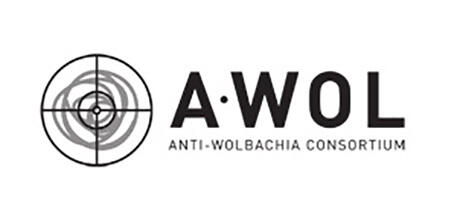
Doxycycline therapy, which targets the essential symbiont Wolbachia, sterilizes and kills the long-lived adult Onchocerca volvulus parasites that cause river blindness.
An alternative to ivermectin is needed in individuals with co-infections of Loa loa throughout Central Africa who are at risk from dangerous side-effects, which has prompted APOC to recommend doxycycline as an alternative therapy in these patients.
Professor Mark Taylor, Head of Parasitology at LSTM and Director of A∙WOL presented the work of the A∙WOL consortium to the 19th APOC Joint Action Forum, in Brazzavillle, Congo. He summarized the key findings of the A∙WOL drug discovery and development programme, which aims to deliver new drugs, targeting Wolbachia, which could be scaled-up for mass drug administration.
Professor Taylor said: “The adoption of doxycycline by APOC is an important step forward in the fight to eliminate onchocerciasis. Together with OEPA, river blindness elimination programmes have recognized the benefits of a therapy, which cures the infection, enabling a more rapid progress to the elimination targets and providing an alternative safe therapy for patients co-infected with loiasis. This paves the way to begin the implementation of macrofilaricidal therapies and encourages further improvements in drugs and regimens under development by A∙WOL.”
The A·WOL Consortium consists of an internationally recognised team of academic research scientists working in partnership with several pharma companies and is co-ordinated by a Management Team based at LSTM.